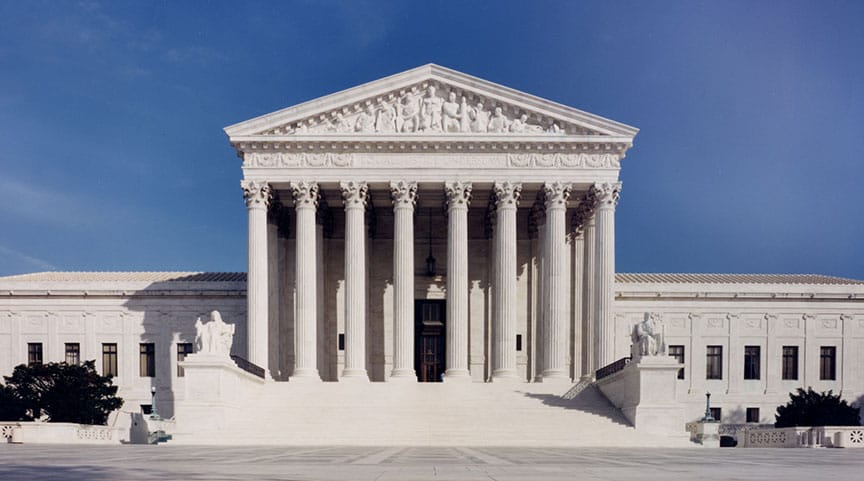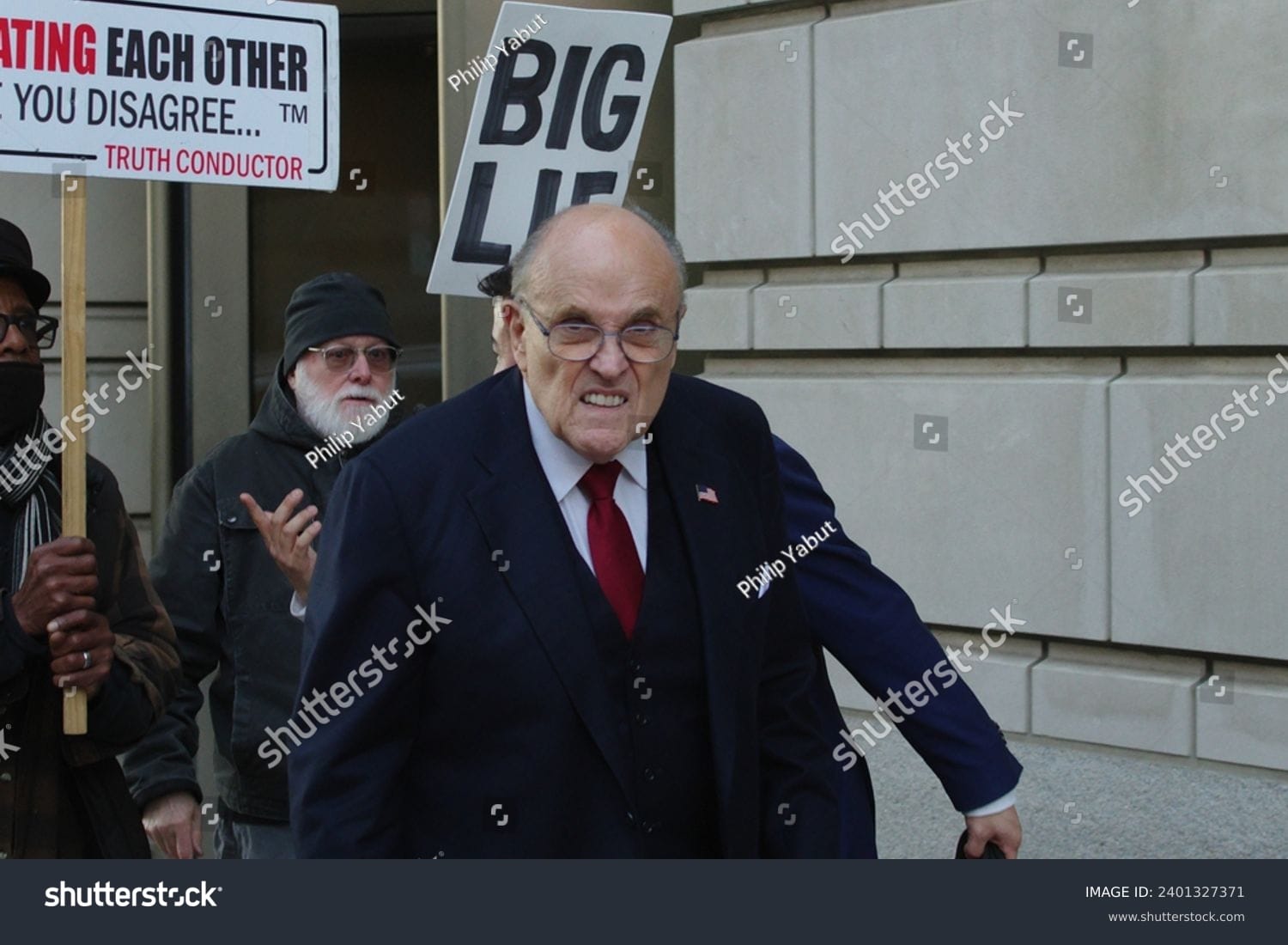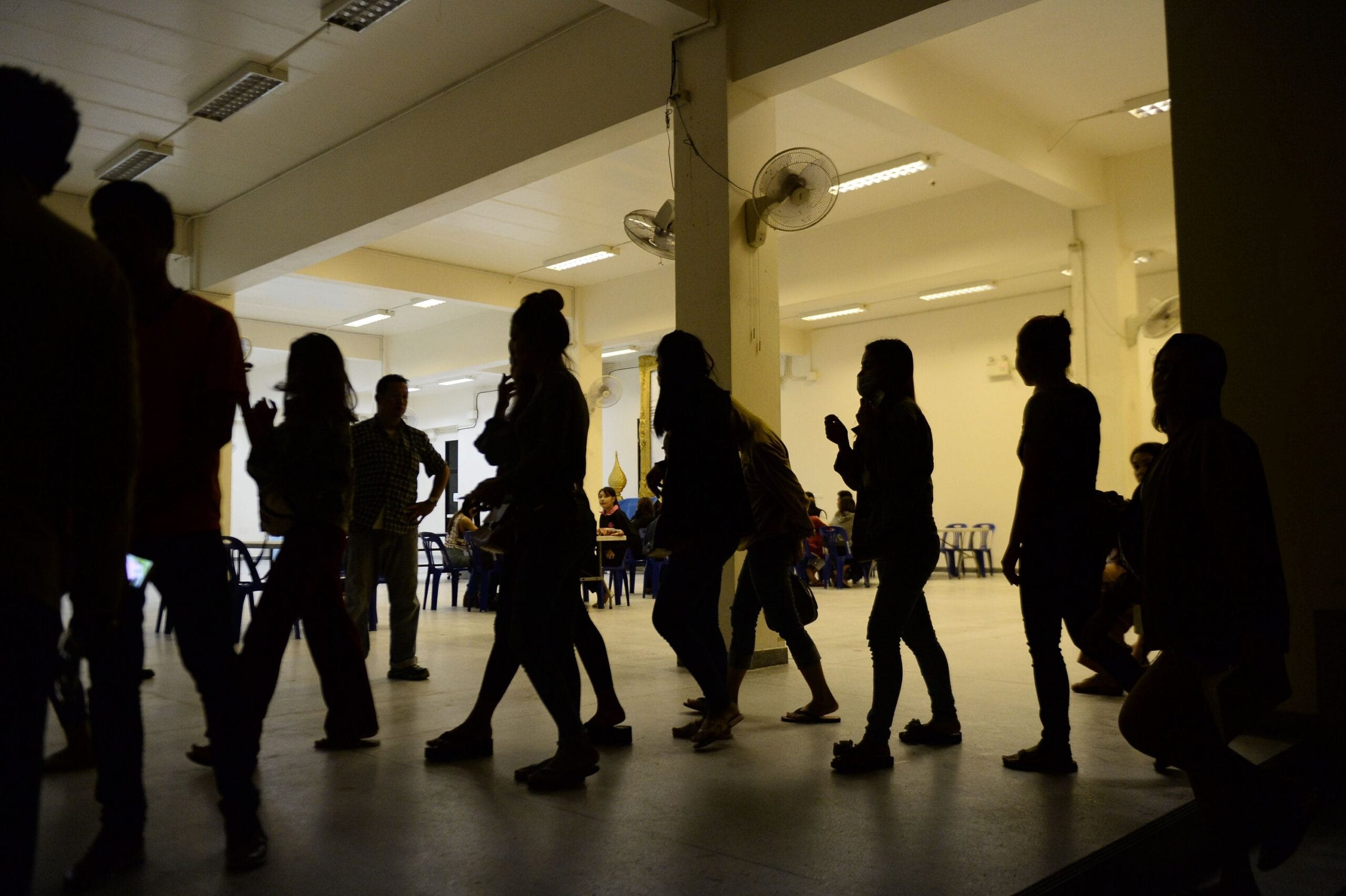The Supreme Court’s recent decision to decline intervention in the legal challenges faced by former President Donald Trump has drawn considerable attention and analysis. This refusal to provide a judicial bailout comes at a time when Trump is embroiled in multiple legal battles, including criminal indictments and civil lawsuits. The implications of this decision are significant, not only for Trump but also for the broader political and legal landscape in the United States.
The Supreme Court’s role in the American legal system is to interpret the Constitution and adjudicate disputes that have significant legal implications. However, the Court is also selective about the cases it chooses to hear, often reserving its attention for matters that present substantial constitutional questions or involve conflicting decisions from lower courts. In this instance, the Court’s decision to not take up Trump’s appeals suggests that the justices did not find the legal arguments compelling enough to warrant their review.
One of the key factors influencing the Court’s decision may be the nature of the cases against Trump. Many of the legal challenges he faces are rooted in state law, which traditionally falls outside the purview of the Supreme Court. The Court has historically been reluctant to intervene in state-level matters unless there is a clear federal interest or constitutional issue at stake. This principle may have played a role in the Court’s decision to allow the lower court rulings to stand, thereby leaving Trump to navigate the complexities of state legal systems on his own.
Additionally, the timing of the Court’s decision is noteworthy. As Trump continues to campaign for the presidency in the 2024 election, the legal challenges he faces could have significant implications for his political future. The refusal of the Supreme Court to intervene may signal to lower courts and legal authorities that they have the latitude to proceed with their cases without fear of federal judicial interference. This could lead to a more expedited legal process for Trump, as he confronts multiple lawsuits and criminal charges.
The legal landscape surrounding Trump is multifaceted, involving various allegations ranging from financial misconduct to election-related offenses. Each of these cases presents unique legal challenges and potential consequences. For instance, the criminal cases could result in significant penalties, including fines or imprisonment, while civil lawsuits may lead to financial liabilities or restrictions on Trump’s business operations. The Supreme Court’s decision not to intervene does not absolve Trump of these challenges; rather, it places the onus on him to mount a defense in the lower courts.
Moreover, the refusal of the Supreme Court to provide a legal reprieve raises questions about the broader implications for high-profile individuals facing legal scrutiny. The decision may serve as a precedent, indicating that the Court is unlikely to offer special treatment to political figures, regardless of their status. This could have a chilling effect on other politicians or public figures who may find themselves in similar legal predicaments, as they may now be less assured of judicial intervention in their favor.
In the context of Trump’s ongoing legal battles, the Supreme Court’s decision also highlights the intersection of law and politics. The legal challenges he faces are not merely legal issues; they are deeply intertwined with his political identity and ambitions. As Trump continues to assert his innocence and frame the legal proceedings as politically motivated, the refusal of the Supreme Court to intervene may further fuel his narrative of victimization. This dynamic could resonate with his supporters, potentially galvanizing his base as he campaigns for the presidency.
In conclusion, the Supreme Court’s refusal to bail out Trump in his legal challenges underscores the complexities of the American legal system and the limitations of judicial intervention in political matters. As Trump navigates the legal landscape, the implications of this decision will likely unfold in the coming months, influencing not only his political future but also the broader discourse surrounding accountability and the rule of law in the United States. The Court’s decision serves as a reminder that the legal process is often fraught with challenges, particularly for those in positions of power.



